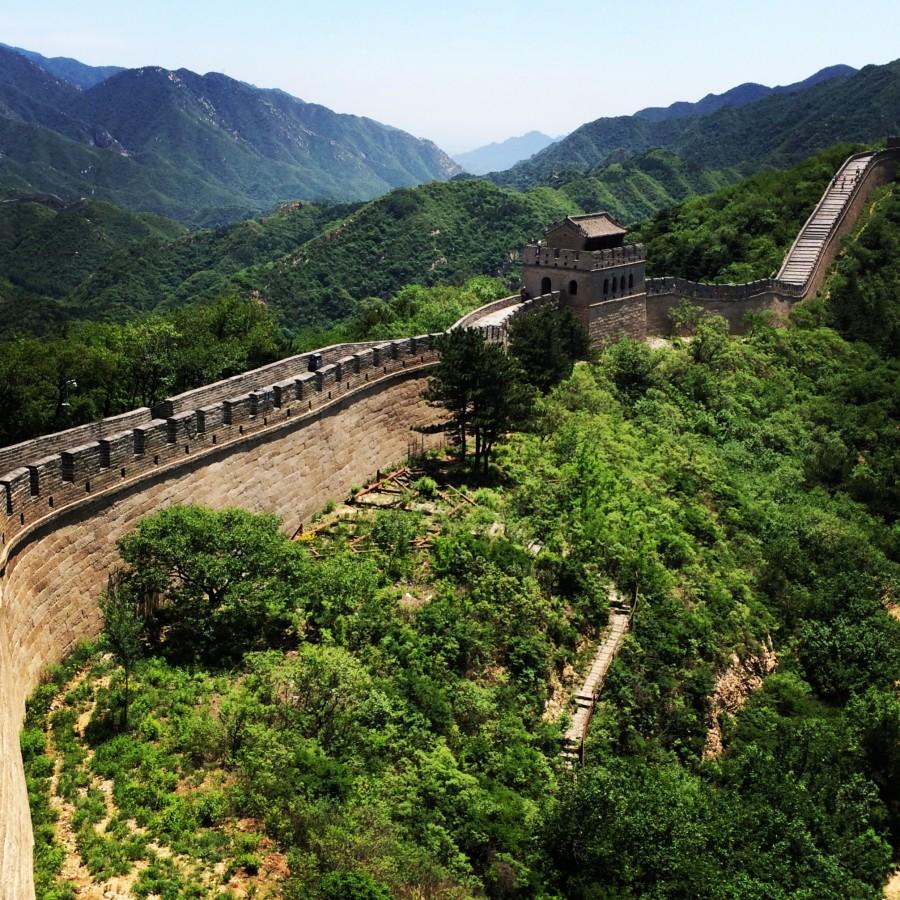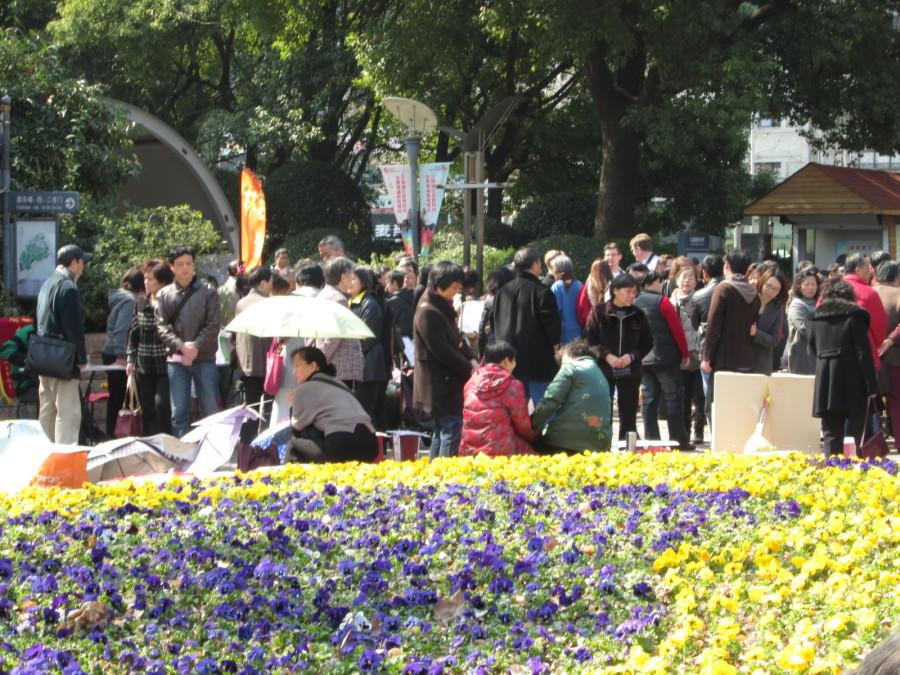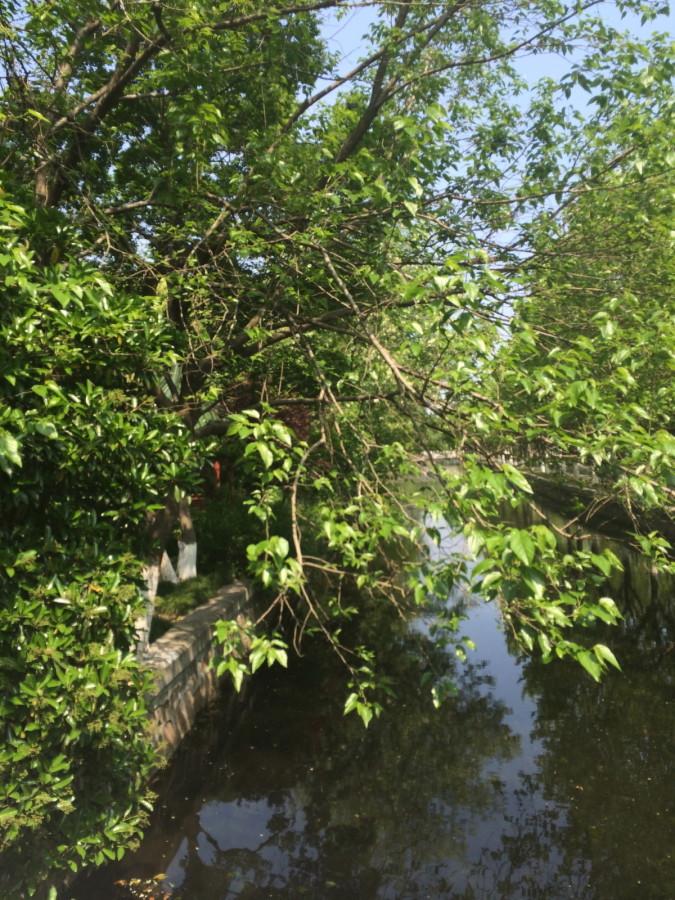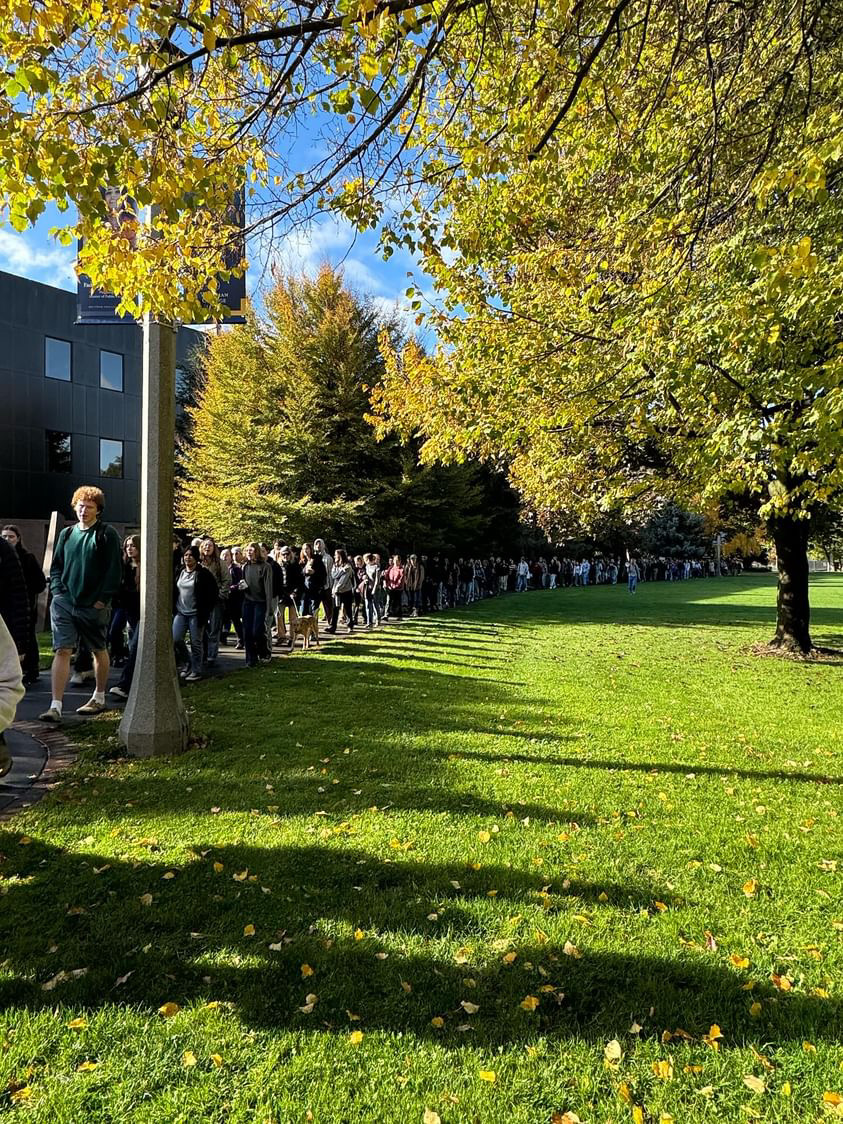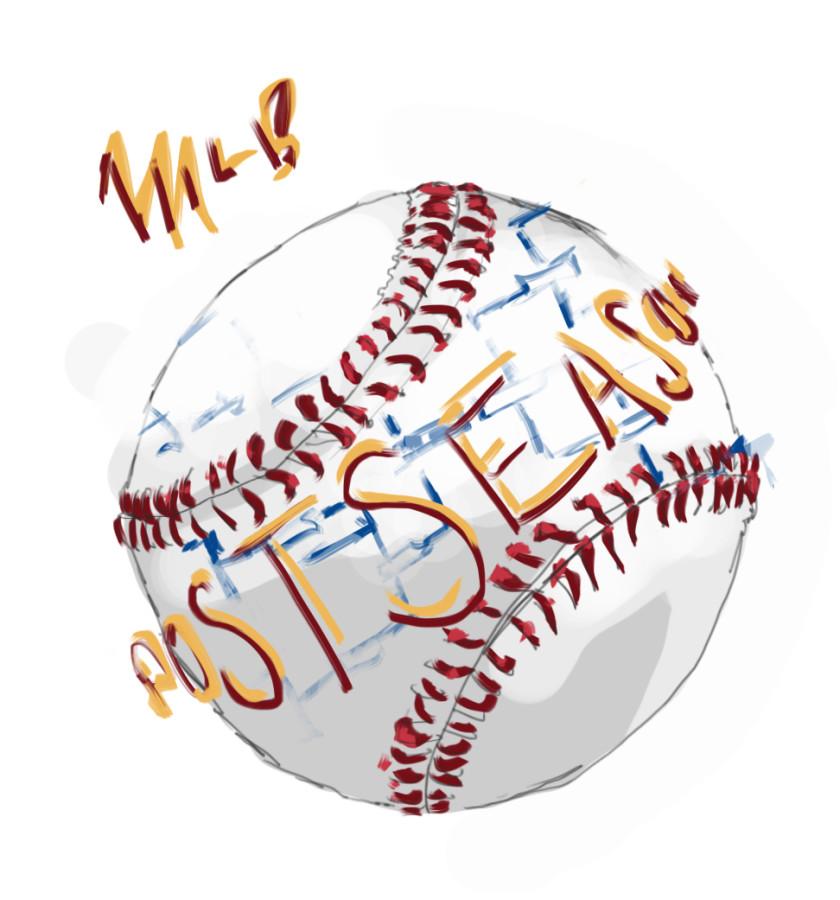Last week I had midterms, which is why I have not posted in awhile. A lot has happened in the past few weeks though (besides midterms), so I’ll fill you in on one of the more exciting activities.
April 4-6 was the Qingming Festival (清明节) in China. In English, it is often referred to as Tomb-Sweeping Day. It is an important day of sacrifice for all ethnic groups in China in which they offer sacrifices (food and flowers) to their ancestors and sweep away debris from their tombs. Incense and paper money are also. There is a certain level of sadness that surrounds this festival because one is remembering one’s dead ancestors in a very personal way; however, it is also a hopeful day because it is just the beginning of springtime! It’s a good time to plant trees because their survival rate is high. It is also very common for people to travel during this holiday weekend.
At first, I was confused as to why Chinese people would be traveling during Qingming Festival since they were supposed to be paying respects to their ancestors. My Chinese tutor, Alex, explained that it is because it is so crowded during the actual dates of the festival, some cities have just started celebrating the festival early. For example, Alex went back to her hometown (Wuxi – also in SE China) two weeks early to visit her grandparents’ tombs. My host family also celebrated the festival early and went to visit my host mother’s ancestors the week before Qingming Festival. They also said it was because it was too crowded to travel on the actual weekend of the festival.
I can personally attest to Qingming Festival crowds! ECNU takes the Monday after Qingming Festival off from classes, which means we also didn’t have CIEE classes because we use their buildings. Alex, Margot (CIEE classmate) and I decided to go to Suzhou, the “Garden City.”
There is a very famous saying about Suzhou: ä¸Šæœ‰å¤©å ‚ï¼Œä¸‹æœ‰è‹æ。”Above there is heaven and on Earth there is Suzhou and Hangzhou.” Suzhou is known for their rock gardens and supposed to be very typical for a southeastern city. It really was beautiful with tons of flowers and trees lining the streets.


The first day we hit up one of the major gardens––Lion’s Grove Garden (ç‹®åæž—). We arrived at the garden by 9 am, via public buses, but there were still eight or nine tour busses that had beat us. It was incredible how many people had come to visit this garden, and this wasn’t even the most famous one in Suzhou! Everywhere you looked there were tourists. After being in China for over a month and constantly being surrounded by people, my introversion has really started to come out more and I’m constantly seeking places to find quiet (very hard in Shanghai). It was also very hard though in the Lion’s Grove Garden. That being said, people watching is always fun and there were some strange firecracker noises that went off for about 20 minutes (never figured out what those were).






We also went to the Suzhou Silk Museum (è‹å·žä¸ç»¸åšç‰©é¦†) and PÃngtán Museum (评弹åšç‰©é¦†). As you all probably know, China is known for their silk and this free museum was very well done. There was this rather odd demonstration of how to raise silk worms. While I was reading a placard on the other side of the room, I thought this was a real woman.

It was quite difficult to find the PÃngtán Museum, we had to ask for a lot of directions and directions are really hard to follow in Chinese, but it was totally worth it. PÃngtán is a traditional Chinese storytelling. It combines storytelling and ballad singing (usually accompanied by a zither and lute.) We definitely got some surprised looks from the local attendees because everything was in the Suzhou dialect, which is undecipherable from Putonghua (普通è¯ï¼‰. Putonghua is the official language recognized by the Chinese government and most people in cities can understand and speak both their local dialect and Putonghua.
Even though we couldn’t understand what was being said, it was a great performance. There were two performers––a man and a woman. The woman sang the ballads but both performers played accompanying music. There were two ballads––one at the beginning and one at the end. It was great to listen to, and quite frankly, just wonderful to be at a musical performance. I definitely miss going to all of the free musical concerts and recitals at Whitman. In between the two songs was (apparently) a funny story. Like I said, I couldn’t understand what was being said but the rest of the audience was laughing.

The following day, we went to a garden off the beaten path, the Blue Wave Pavilion (沧浪äº). It was so much more pleasant that the Lion’s Grove Garden because there were so many less people. It was also very large and having an hour to walk around was just enough time to go into all the different rooms and courtyards.



We also went to the Pán Gate (盘门), which is a portion of the city wall. We were at first disappointed because there is not really a wall visible from the ticketing booth (or past the ticketing booth for that mater), but it was still my favorite spot we visited. Just look at the different views!



We caught an evening train back to Shanghai and thank goodness we bought our tickets a few days before because there were absolutely no tickets available to go to Shanghai. We tried to switch to an earlier train but that was a no go––not even standing room! That’s one thing about Chinese trains that is different from the US––people can pay to stand in the aisles. Not sure how safe that is as far as fire codes are concerned, but when in China…
I am currently in Yunnan Province (southwestern China) for the CIEE week-long
excursion traveling along the Tea and Horse Road. (It’s CIEE’s way of making it up to us for all the Chinese homework/midterms…and it’s kind of working). I will talk more about Yunnan in my next post but all you need to know for now is…fresh mountain air!
-Little Sparrow


